Maternal health in Uganda, and at AE’s Milne Medical Centre
Pregnancy can be dangerous. For every 100,000 births in Uganda, 343 women die. In Australia, that number is 5.
In Uganda, over 400,000 women each year deliver their babies without a skilled birth attendant. These women are at risk of excessive bleeding or infection after delivery, either of which could cost them their lives.
Many women in Uganda opt to use traditional birth attendants (TBAs) rather than delivering their babies in government facilities. However, TBAs have recently been banned by the government due to their lack of formal training.
Women in Uganda prefer traditional birth attendants for several reasons. TBAs are said to be kind and polite, while staff in government facilities have been described as rough and uncaring. In some areas, the nearest maternity unit may be far away, or overcrowded, and some women trust local customs and traditions more than hospitals.
AE’s Milne Medical Centre (MMC) is a community health centre that is passionate about maternal health. MMC aims to provide dignified care, inspired by Matthew 11:28:
“Come to Me, all you who labour and are heavy laden, and I will give you rest”.
MMC provides care during and after pregnancy. Pregnant patients attend the clinic for check-ups, sonars and basic blood tests. The women also receive important health education, and fathers are encouraged to participate. Patients that deliver their babies at MMC are attended to by trained midwives, and a doctor when necessary.
One patient who recently delivered her baby at MMC, named her baby girl Mercy Favor, because of the “mercies and favour” she experienced at MMC on a very difficult journey of an unplanned pregnancy. She says,
“All my pregnancy journey since late February to November, I have been favoured by all the staffs of Milne Medical centre.”
She now anticipates a future of mercy and favour for her baby girl.
Rwanda’s long road to peace and reconciliation
Located in the heart of Africa, Rwanda is a nation with a troubled past. In spite of this, the nation has recently made great strides in terms of its growth and development. We chatted to John Kalenzi, Team Leader of AE Rwanda, as he told us about some of AE Rwanda’s inspiring development projects.
Having seen the devastation caused by Rwanda’s genocide, John is particularly passionate about AE’s role in bringing true reconciliation to the hearts of people.
He describes that, “Reconciliation is at the centre of everything we do as AE Rwanda… to reconcile people with God, and also to reconcile people among themselves. We want to make sure that we build on what the government has done to build… peace and a justice system. But the government can’t really do reconciliation very well, because reconciliation is the issue of the heart… and the issue of the heart is the work of Christian ministries like AE and the Church… It is only the Word of God that can make a difference when it comes to reconciliation”.
With the deep trauma that Rwanda has experienced, it is so important that reconciliation is not merely skin deep. John describes his desire to see reconciliation that not only “discourages the opening of hostilities”, but that actually heals human hearts.
To hear more about AE’s work in Rwanda, watch Ben Campbell’s recent interview with John Kalenzi here:
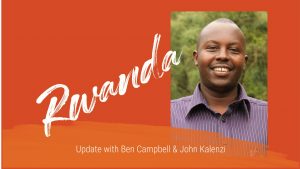
A quick turn of the knob and the pot starts heating up. A few seconds of luxury, completely taken for granted. Somewhere in Ethiopia a mother is also heating up a pot for her family with fire created from wood, leaves, animal dung and crop residues.
Most households in Ethiopia still make use of traditional biomass energy as they lack stoves that can make use of other fuel sources. Often it is the women who needs to fetch the firewood, not only for their own families, but also to sell. This is the only income many of these families have. Most women get up before sunrise and cover vast distances to go and collect enough wood to sell. They then make the trip back to the markets carrying nearly 20kg of firewood on their backs.
Going to collect firewood might seem like an everyday task, but not for these ladies. For them it causes much distress. Their wood often gets confiscated by guards and they are often mistreated and raped. Aregash is but one of the many women who have such heartbreaking stories.
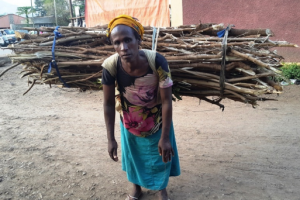 “One day, about a year ago the forest guards confiscated my wood and I had to come back home empty-handed. As my children were waiting for food, I had nothing to give them. So I got extremely distressed and went to the backside of my house, took a rope, and hung myself on the roof. As I was struggling to die, an anonymous child saw me and shouted aloud. Those who heard her cry came immediately to my rescue. They cut the rope and carried me down. I was hurt but came down alive.”
“One day, about a year ago the forest guards confiscated my wood and I had to come back home empty-handed. As my children were waiting for food, I had nothing to give them. So I got extremely distressed and went to the backside of my house, took a rope, and hung myself on the roof. As I was struggling to die, an anonymous child saw me and shouted aloud. Those who heard her cry came immediately to my rescue. They cut the rope and carried me down. I was hurt but came down alive.”
Aregash is only 36 years old, she has 6 children and have been collecting and selling firewood for 20 years. Her husband earns very little, not enough to provide food for their kids.
AE Ethiopia has heard the cry for help and identified 30 women in the Arba Minch district to enroll in a new program called ‘Life Transformation of Vulnerable Firewood Collecting Women’. These ladies will be trained in sewing, tailoring and embroidery for 6 months and then divided into smaller work groups, each with 3 ladies. AE Ethiopia wishes to equip each group with a sewing machine and help them to open a small shop where they can sell their items.
Our sewing programs in Kenya, Malawi and South Africa has transformed the lives of many women and their families, but in due course their transformation also spills over into their communities.
Annie Kachali, a post graduate from AE Malawi reflects on her training: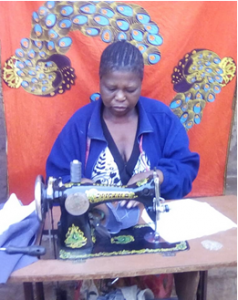
“With the skills which I acquired from AE sewing school, I have been able to make my family’s living standard to be easier than before. Through this activity, I am able to generate income of about MK15, 000.00 (U$20.00) a week which helps me to meet my family’s basic needs. I am able to buy fabrics from part of the generated money while a certain part of the money, I contribute to the church activities. I am glad to state that I have managed to pass my skills on to my neighbour’s daughter who can now manage to do recommendable work.”
AE Ethiopia has partnered with local churches to run this program and one of them has kindly offered their church as a venue for the training to take place.
Pray with our team in Ethiopia and the partner churches as they prepare to launch this project. No one should go through what these ladies have been through, pray for their protection, for true transformation to take place in their lives and for doors to open so they can start their own businesses.
“Real life heroes exhibit an uncanny ability to persevere despite the odds, and to do so with humility and dedication.” (United Nations)
World Humanitarian Day, held on the 19th of August each year, celebrates “real-life heroes who have committed their lives to helping others in the most extreme circumstances throughout the world”.
Here at AE Australia, we are grateful for a team member who is a hero to many. At 76 years of age, Mehretab Tekie has spent his life serving humanity. Mehretab, or Mehr, as he is affectionately known, kindly agreed to tell us more about his life’s work. Our conversation with him was both humbling and inspiring. 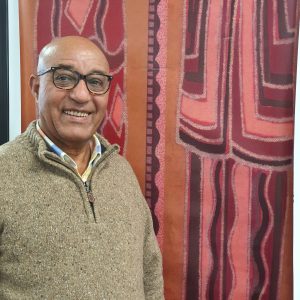
Mehretab was AE Australia’s Aid and Development director from 1995 to 2010, and now volunteers at our AE office in Sydney. As well as assisting us with the review of our Aid and Development proposals and reports, Mehr is currently preparing the phase 2 proposal of an exciting project in Rwanda, which fosters racial reconciliation in schools. Mehr currently also volunteers at his local council, where he provides a course on global issues and tutors migrants in conversational English.
Born in Eritrea in 1944, Mehr is the 5th of 10 siblings, and was the first in his family to attend university. He discovered his passion for humanitarian aid while studying a Bachelors degree in Ethiopia. After receiving a scholarship, he went on to complete a Masters degree in Land Use Planning in the Philippines. He served as Associate Professor of Planning in the Philippines for 8 years, after which he became a senior lecturer in Kano, Nigeria. During this time, Mehr published many articles regarding poverty and development, especially in Africa. Mehr then worked as a research scientist in Thailand, before migrating to Australia in 1988.
From 1988 to 1995, Mehr worked with AUSTCARE to provide emergency humanitarian relief to refugees in Southern Africa. As part of his work, Mehr frequently went to war zones in Africa to deliver food and medical supplies. He recalls how risky his job really was – he contracted malaria several times, and during the civil war in Mozambique, he was once hijacked at gunpoint by rebel soldiers.
From 1995 to 2010, when Mehr was AE’s Director for Aid and Development, many of AE’s long-term development projects were established, including the Milne Medical Centre and Soweto Kayole Primary Healthcare Centre. One of the highlights in Mehr’s career was when AE Tanzania’s reforestation project was evaluated by CSIRO, and was named the best AUSAID-funded reforestation program ever implemented. This innovative project, overseen by Mehr, enabled subsistence farmers to plant rapidly-maturing trees, and harvest and sell timber to provide for their families.
In reflecting on his passion to serve humanity, Mehr simply states,
“I’m human like others. When I compare myself with those who have no opportunity, I see that I don’t lack. With my Christian background, it’s only human to respond to the needs.”
Only human perhaps, but a real-life hero indeed.
Since the ‘waging of the ‘war’ against the spread of COVID-19 , the directive to wear a face mask has been of primary importance, along with sanitising and washing hands with soap.
It is the clarion call of every world leaders’ address on this pandemic in the bid to curb the infection rate, and the mask has fast become an integral part of our daily apparel.
Amidst the chaos and anxiety, human industry and ingenuity has found expression in producing face masks of a variety of colours and designs, branded for advertising and ‘blinged’ for fashion. Who can question our commitment to stay safe and look good whilst doing it?
Sadly though it remains the most vulnerable who are in desperate want of such an important and basic need.
Ever aware of the plight of the impoverished, and with our supporters help, AESA has endeavoured to address this need since lockdown commenced by distributing handmade face masks together with food parcels. These masks were made and donated by local supporters and AE SA’s Ngezandla Zethu Sewing Project.
AE SA would like to thank AE Australia for partnering in providing funding for a special project where students of the Ngezandla Zethu Sewing Project will produce and distribute over 2500 face masks, free of charge, to the most needy in our community. All praise be to God!
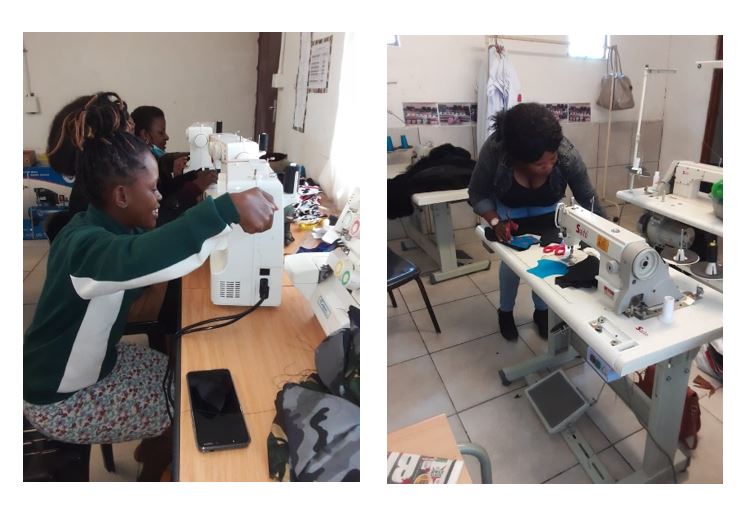
Our students (pictured) are working hard , and have already produced 460 face masks in just four days!
We are so thankful to our donors and the students of the Sewing Project for their unwavering commitment to assist us in addressing this need. The fight to keep the most vulnerable safe is, however, on-going, and so as we rally together to reach out, we appeal to you for your continued assistance.
God is our shelter and strong tower…stay safe and be blessed!
Please pray
- For AE South Africa’s leadership as they lead the country through this difficult time.
- The well-being, health and discernment of front line medical practitioners as they mobilise for the outbreak
- That those who have lost family, jobs and security will find hope, refuge and strength in Christ.
- All team members of AE South Africa as they reach out with the Good News of Jesus through Word and Deed.
- Give thanks to the Lord for all those who are bringing glory to the name of Jesus through these difficult circumstances.
Written by Gavin John (Communications, AE South Africa)
Tamandani Nazimera, a phenomenal and passionate woman of faith, recently joined the team at AE Malawi in a voluntary capacity as Health Programs Officer. Originally from Blantyre, Tamandani studied nursing and midwifery at the University of Malawi. After working for eight years as a nursing officer with Malawi’s Ministry of Health, Tamandani served as a family planning coordinator in the rural district of Neno. However, she recently resigned from this position, in order to focus on her family and the ministry that she feels called to.
Her long-term vision, together with African Enterprise, is to open faith-based primary healthcare clinics and youth development centres, in underserved urban districts in Malawi. In these areas, poor health outcomes are exacerbated by poverty, and simple health interventions have the potential to save countless lives. Healthcare for pregnant women and young children, as well as family planning services, will be the main focus of these clinics.
Tamandani laughingly describes that “it was the uniforms” that first attracted her to nursing, and explains that her mother had always encouraged her to become a nurse. Raised in a middle-class family, Tamandani’s parents modelled entrepreneurial skills for their four children. Her dad was a manager, and her mum a teacher, and they also ran several businesses. As a result, Tamandani learnt from a young age how to embark on small business ventures, and is currently the managing director of LAWTANA investments. She is also founder of Women of Faith, a non-profit organisation that sponsors underprivileged students at Neno’s Chikonde secondary school.
Tamandani grew up in a Christian family, but describes how she first encountered Christ and began her “own life with God” after a Campus Crusade in her first year of college. Together with her family, she attends Calvary Family Church in Lilongwe.
Tamandani met her husband, Lawrence, at a youth fellowship event in 2011, and they were married in 2014. Lawrence is a doctor, and currently works as the national coordinator for Gavi, the Vaccine Alliance. (Gavi is a global health partnership which increases access to immunisations in low-income countries.) They have three beautiful daughters, aged 4, 2 and 1. They named their first daughter Kuwala (“Light”), as she “brought light in our lives after we suffered from a miscarriage”. Ungwiro (“Integrity”) and “Watipatsa” (“The Lord has provided”) are Kuwala’s two younger sisters.
Currently, at AE Malawi, Tamandani is assisting with COVID-19 sensitisation for staff and volunteers in preparation for the upcoming mission in Zomba. She is also conducting COVID-19 education programs in churches (which are not currently under lockdown in Malawi), where she provides COVID education for young children in Sunday schools. As part of the upcoming Zomba mission, Tamandani hopes to assist the team in hosting pop-up medical clinics. Some of her former colleagues, who are also Christians, have already volunteered their time for this effort. AE Malawi is also getting involved with an “Adopt-a-ward” program at the Burns Unit at Kamuzu Central Hospital, Lilongwe. While working several shifts as a
volunteer nurse in the unit, Tamandani plans to assess the best way for AE to partner with the unit in relieving the suffering of burns victims.
Tamandani’s humility and servant-heart are so evident in her unassuming manner, and we look forward to partnering with her, and the team of AE Malawi, to see the love of Christ shared in both Word and Deed, in this nation.


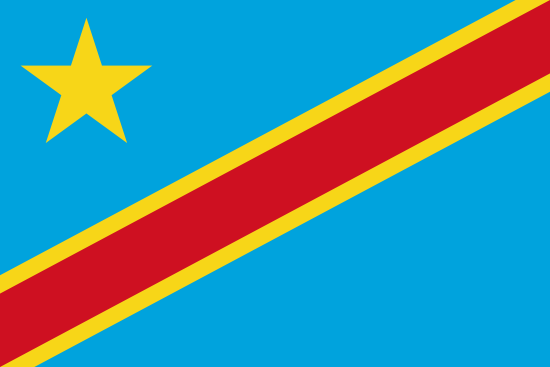
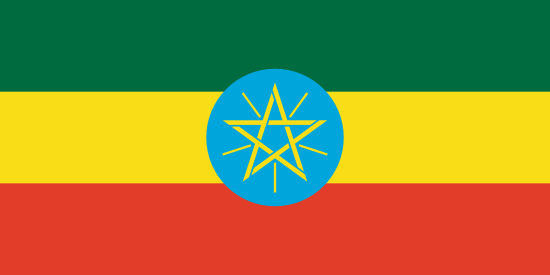
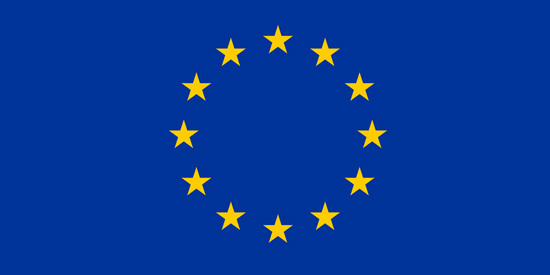



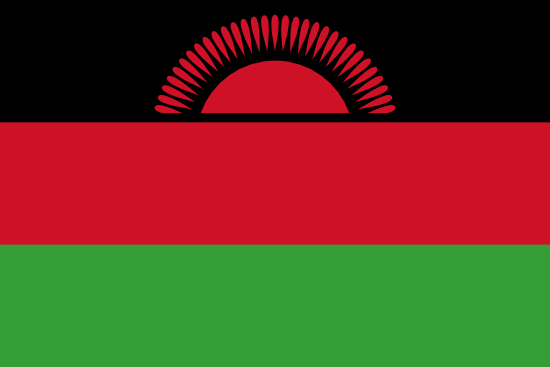
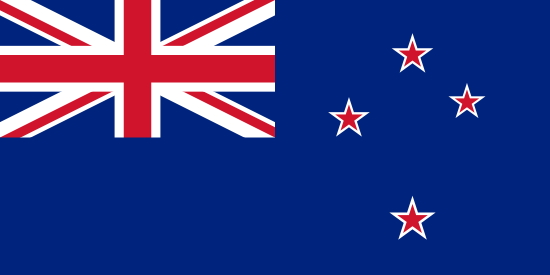
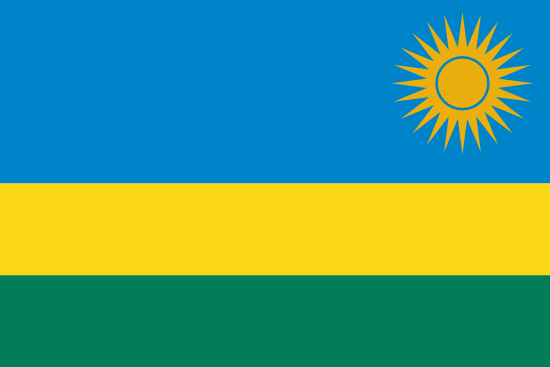
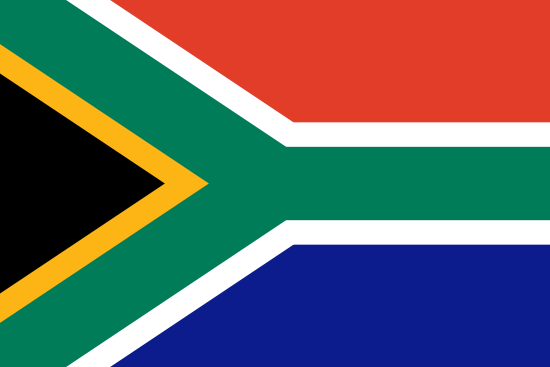


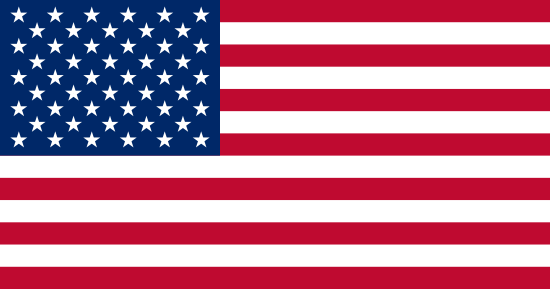
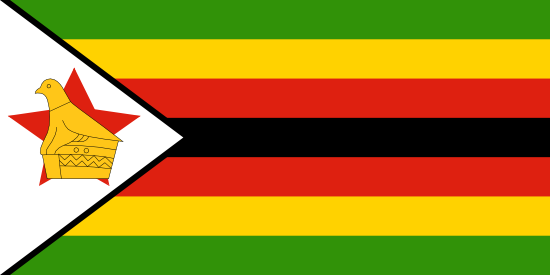


 “One day, about a year ago the forest guards confiscated my wood and I had to come back home empty-handed. As my children were waiting for food, I had nothing to give them. So I got extremely distressed and went to the backside of my house, took a rope, and hung myself on the roof. As I was struggling to die, an anonymous child saw me and shouted aloud. Those who heard her cry came immediately to my rescue. They cut the rope and carried me down. I was hurt but came down alive.”
“One day, about a year ago the forest guards confiscated my wood and I had to come back home empty-handed. As my children were waiting for food, I had nothing to give them. So I got extremely distressed and went to the backside of my house, took a rope, and hung myself on the roof. As I was struggling to die, an anonymous child saw me and shouted aloud. Those who heard her cry came immediately to my rescue. They cut the rope and carried me down. I was hurt but came down alive.”

